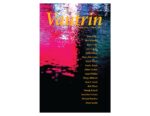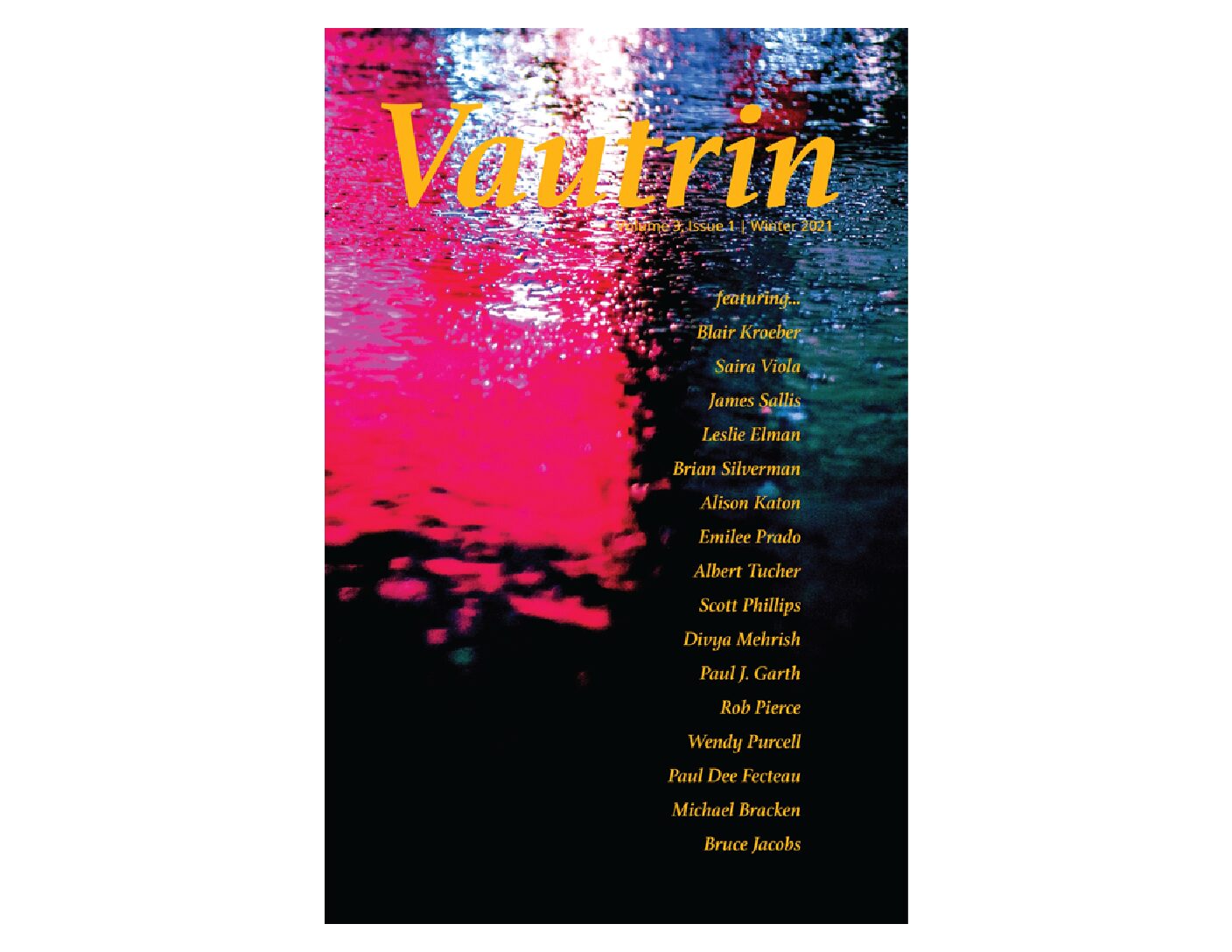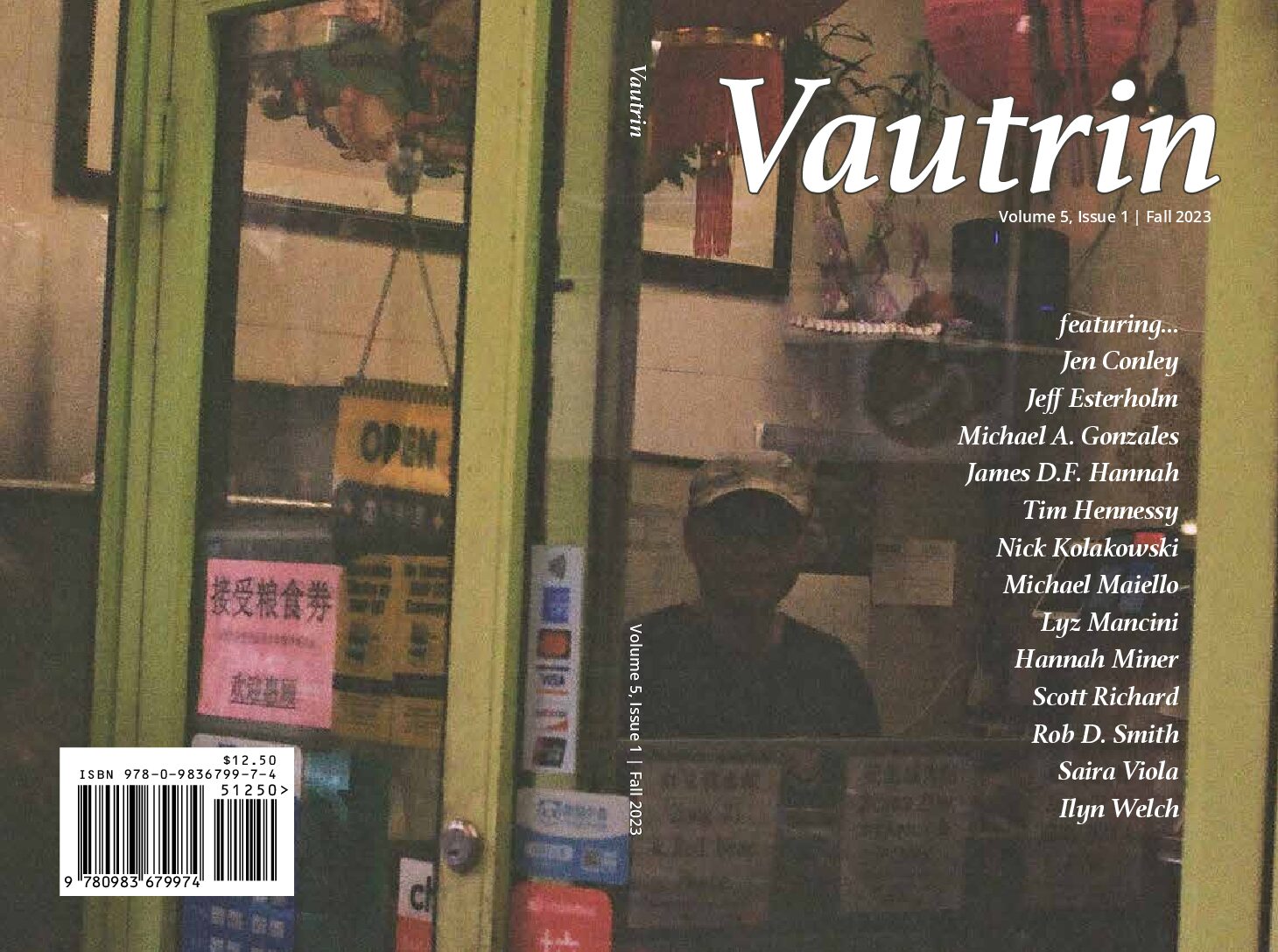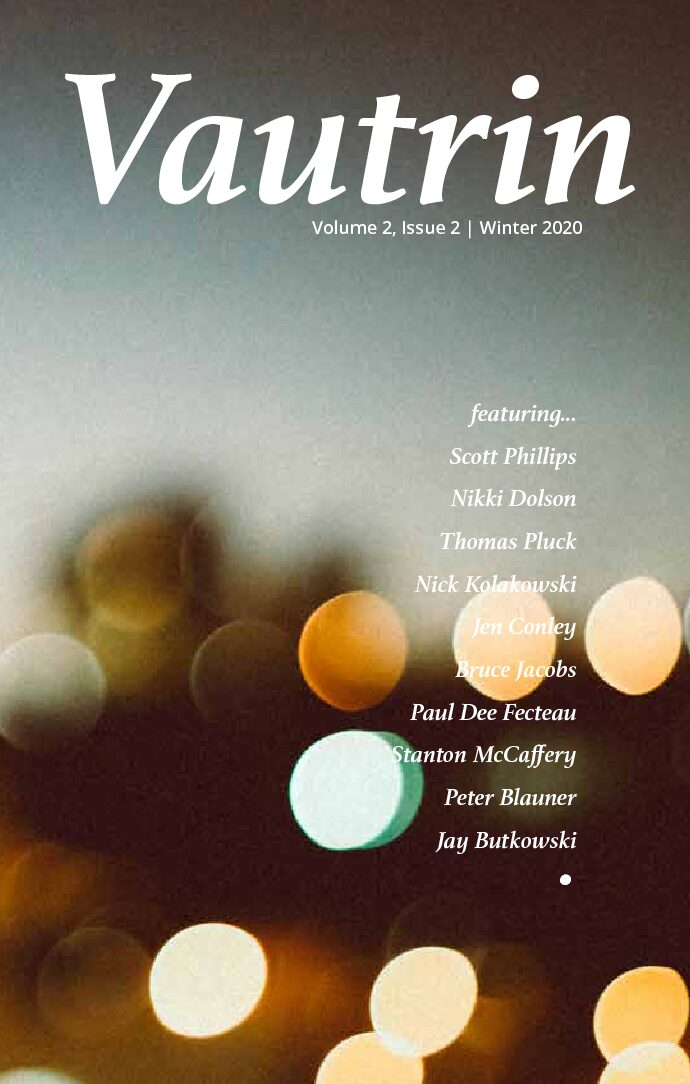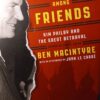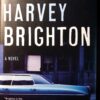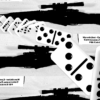By Thomas Pluck /
The older I get, the more I appreciate the short novel. Not every story needs to be an Ellroy epic, but not every story can be Drive by James Sallis. One thing I learned from reading Joe R. Lansdale is that a story has to be as long or short as it needs to be, and when it’s too big for its britches or is saggy in the ass, it shows. The Killing Hills, the third novel by Chris Offutt, is just as long as it needs to be.
It’s rather a masterpiece of telling much with little. Offutt introduces us to many characters with varied and complex lives, even if we only meet them long enough to see them die, and all of them feel alive. Like the first person we meet, an old man hunting ginseng plants, a writer has to know what to look for, what to leave a season or more to grow, and what to pick and bare at its peak.
And if you’re a crime writer, when you’re picking through the lush understory, often a body shows up. As does here. They aren’t called The Killing Hills for nothing. The land is tied to the people and the people are tied to the land.
Mick had recited the Pledge of Allegiance and the Lord’s Prayer. Every child learned the words: “As we forgive those who trespass against us,” a strong and generous message that neglected to include a timeframe. In the hills it was handier to forgive trespassers after killing them.
Mick Hardin grew up in those hills and hollers, and learned what binds people together and what drives them to violence. It’s made him one of the best investigators in the Army. He comes home to turn that eye on the body old man Tucker found on the hill, to help his sister the sheriff close the case quickly not only to keep her job, but because in a land of blood feuds, one body seeds another and another.
Offutt handles the procedural side of the novel with skill, but what compelled me the most were the puzzles Mick found himself in while investigating obliquely. He sees a situation as absurd as a mule tethered to hold up a sagging porch and sees the potential for violence, and risks his own hide to solve the problem to keep more blood from being spilled.
Even a funny story like this one can turn bloody:
“I like possums,” Mullins said. “They’re a funny animal. They got a pecker that splits in two at the end. I heard they fuck a lady possum in the nose and she sneezes out babies in her pouch.”
Mick nodded. He’d loved that story as a kid and still did, despite knowing it wasn’t true. He didn’t want to get into it with Mullins. Disagreements like that had a way of getting out of hand in the hills, leading to a fistfight or gunplay.
Mick is a peacemaker, like many children of divorce and alcoholism, and navigates the peculiarities of honor as carefully as a kid tiptoeing at night and silently closing the door latch. A grudge can become a feud and then a generational bloodbath.
Others know how to use these Hammurabic laws to their benefit. And it’s all told with spare, near poetic prose.
Tucker was the same generation as Mick’s grandfather, with all the complicated contradictions of the old culture deep in the hills. Forthright but not forthcoming. Honest but reticent. Watchful but friendly.
What I also liked is that Offutt doesn’t show, when telling is easier. Mick has a wife at home, pregnant, who he has neglected while solving crimes for the Army overseas. Peggy gets to tell her side of things, and it’s just as long as it needs to be, without weaving elaborate storylines when a few paragraphs and judicious use of the third person omniscient will do.
The same when we meet some out-of-town rough boys, we get enough of their lives so they aren’t mere thugs from central casting for the hero to handily dispatch for our entertainment and moral instruction. Mick even likes them. They just weren’t lucky enough to join the Army and get medals for doing what they do.
I’m avoiding the plot because it’s a murder. Nothing against murder mysteries and police procedurals, I do love a good one—and this is a good one—but discussing the twists and turns seems beside the point. There will be people who don’t want Mick and Linda digging in their ginseng hunting grounds, so to speak. There will be unforeseen blood ties and powerful people near and far will flex their muscles to protect their own.
And some will be left as sacrifices to the vengeful gods of justice that hold sway in this land. What matters is how Offutt tells the tale, and it is done masterfully. There was one scene that seemed to be timed a little too perfectly, but it didn’t sour anything for me. I enjoyed my time in the hills with the people too much to care.
I’d been meaning to read Offutt’s memoirs for some time, and when this book came along, I was glad to finally make my acquaintance with his writing. He cares about people, even ones who are damned to make terrible decisions, and does not inflict a fatalistic vision of the world upon us. Too often in noir, there seems to be a hidden narrator off to the side, muttering, “See? That’s what ya get for trying.”
The deck is stacked, but it’s in the nature of people to try anyway, damnation be damned. That’s what we have in The Killing Hills, and it makes for a very entertaining read that will stay with you. I look forward to returning to these hills, or if not, at least to whatever Chris Offutt writes next. What’s blood without heart? This one pumps hard, even after the last vein is cut.
https://www.watermarkbooks.com/book/9780802158413
https://www.watermarkbooks.com/seasoned-readers
Thomas Pluck has slung hash, worked on the docks, trained in martial arts in Japan, and even swept the Guggenheim museum (but not as part of a clever heist). He is the author of the Jay Desmarteaux crime thriller Bad Boy Boogie, which was nominated for an Anthony award, and Blade of Dishonor, which Mystery People called “The Raiders of the Lost Ark of pulp paperbacks.” His latest book is the story collection Life During Wartime, which includes “Deadbeat,” chosen for a Distinguished Mystery Story of 2017 by Louise Penny, and “The Big Snip,” chosen for inclusion in The Year’s Best Crime & Mystery Stories 2016, edited by Kristine Kathryn Rusch. He posts adorable cat photos and aphorisms of extraordinary wit on Twitter as @thomaspluck.



